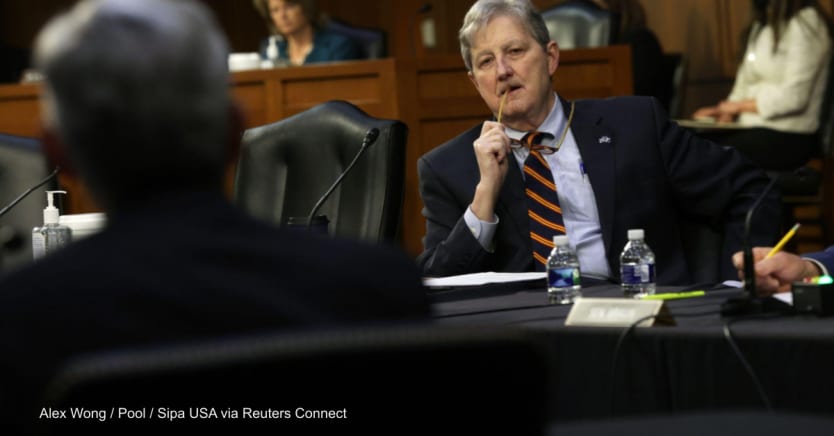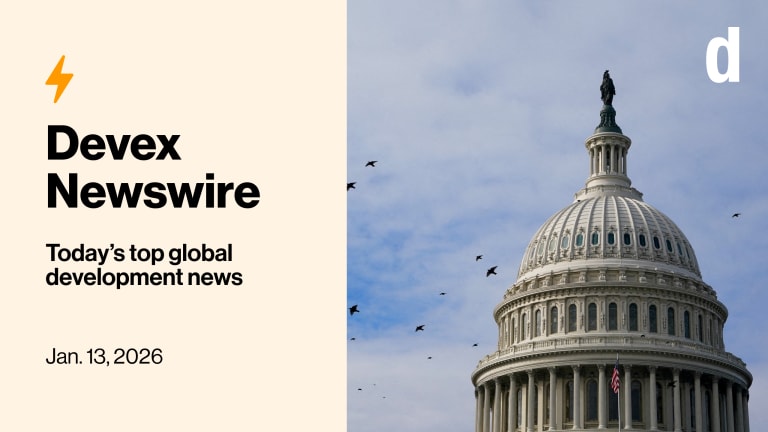
Senate Republicans, led by Sen. John Kennedy of Louisiana, tried to pass an amendment this week that would have effectively limited U.S. support for an issuance of International Monetary Fund Special Drawing Rights.
SDRs are seen as a critical liquidity tool to support COVID-19 response and recovery in lower-income countries.
IMF rules dictate that a new general issuance of SDRs must go to all members, but some lawmakers have expressed concerns that they would support U.S. adversaries.
What happened: Kennedy had submitted an amendment to the Endless Frontier Act, an unrelated bill being considered by the Senate, that would change the Special Drawing Rights Act to prohibit allocations of SDRs at the IMF “for perpetrators of genocide and state sponsors of terrorism without Congressional authorization.”
The bill received 51 votes in the Senate but did not pass, failing to reach the necessary 60 votes.
The background: U.S. Treasury Secretary Janet Yellen has said that the U.S. will support a new issuance of SDRs of about $650 billion to help countries address the COVID-19 pandemic and economic fallout. The Biden administration notified Congress on April 1 that it would support the issuance, starting a mandated 90-day waiting period.
Last week, French President Emmanuel Macron said there was an emerging consensus for higher-income countries to transfer about $100 billion in SDRs from the new issuance to lower-income countries. The IMF is expected to share potential options for how countries could best transfer their allocations in June.
Why it matters: While not providing support to state sponsors of terrorism may seem like a good thing, the bill would have blocked the administration’s ability to approve the new issuance of SDRs. While all countries will get SDRs, some may not be able to exchange them for hard currency, and the Treasury Department is working to limit access for countries with policies it opposes.








